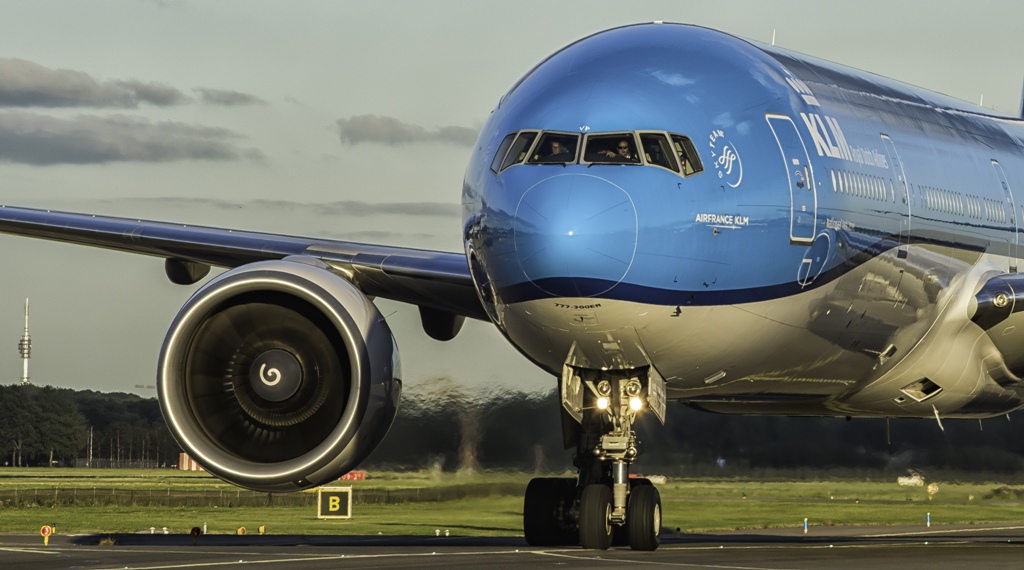AFKLMP and K+N launch first zero emissions airfreight route
12 / 01 / 2021

Air France KLM Martinair Cargo (AFKLMP) and Kuehne+Nagel (K+N) have teamed up to launch a zero emissions airfreight route — the first route of its kind in the industry.
The companies said that all of K+N’s cargo on the Los Angeles—Amsterdam route would be covered by sustainable aviation fuel (SAF).
“This first carbon-neutral lane underlines the strong sustainability programmes of both partners, Kuehne+Nagel’s Net Zero Carbon programme and AFKLMP Cargo’s SAF programme, which aim to connect people and goods through sustainable logistics,” the companies said.
Adriaan den Heijer, executive vice president at Air France-KLM Cargo and managing director at Martinair, commented: “The launch of an air cargo SAF programme is an important step in our ambitious sustainability roadmap for the coming years. We are extremely pleased with the willingness and concrete commitment of our partner Kuehne+Nagel to actually shape our common ambition for a more sustainable future.
“I look forward to other partners joining our SAF programme soon.”
Yngve Ruud, member of the management board of K+N, added: “The first zero emission route marks the beginning of our journey into CO₂ neutral airfreight and is another step towards achieving complete carbon neutrality by 2030.
“At Kuehne+Nagel, we are ready to take leadership and responsibility for the next generation of air transport and encourage our customers and industry colleagues to join us in making sustainable choices available.”
Air France KLM Cargo launches sustainable fuel programme
Kuehne+Nagel and Moderna finalise deal for vaccine distribution
Salmon farmer axes airfreight on environmental grounds
In recent months, other companies have been highlighting their sustainability efforts, as the airfreight sector works towards operating in a more environmentally-friendly way.
In November, Lufthansa Cargo stepped up its sustainability drive by committing to meet goals set by the United Nations: ending poverty; good health and wellbeing; decent work and economic growth; industries, innovation and infrastructure; and climate action.
A few days days after its announcement, Lufthansa Cargo partnered with DB Schenker to carry out the first ever SAF-powered freighter flights between Frankfurt and Shanghai.
And Atlas Air also carried out a flight with a SAF mix.
This month, Qatar Cargo said it is continuing to demonstrate sustainable practices with its WeQare programme.
SAF refers to sustainable, synthetic kerosene. It is currently produced mainly from biomass, for example from sustainable or recyclable vegetable and cooking oils. In the future, non-plant-based renewable fuels will also be available.
By using SAF, the fossil CO2 emissions of a flight with conventional kerosene are avoided. During combustion in the engine, only CO2 is released that was previously removed from the atmosphere, for example during plant growth.














